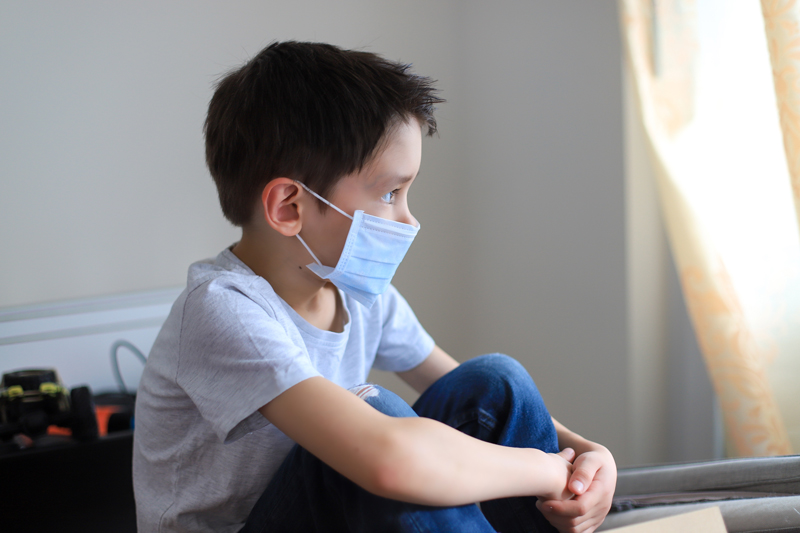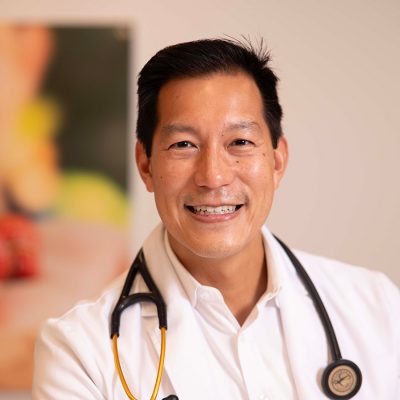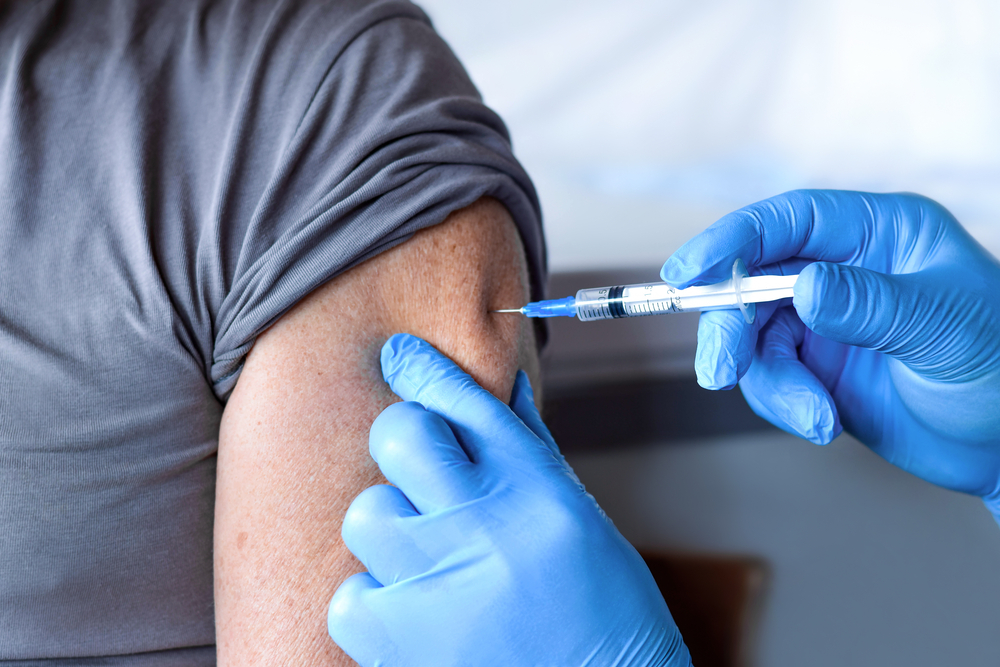Two months after being closed, the Port Chester School District reopened its doors.
The reopening was certainly good news for the county’s first village to be designated as a code orange cluster zone. A well-coordinated collaboration among the county and state departments of health, the Port Chester School District, and the Open Door Family Medical Center’s School-Based Health Center program provided expanded Covid testing that enabled the Village to bring students back to the classroom.
However, the risks of social isolation are significant, and this continues with many students still attending in-person classes on a limited basis in Port Chester and around the country. This was most pointedly reported in a recent New York Times article on student suicides in Clark County in Las Vegas. From March through December, 18 students in that county committed suicide – including students as young as nine years old.
“We see high rates of depression among both students who are home full time and those who are attending school within the hybrid model – from elementary school through high school,” said Sara Hodgdon, Associate Director of Open Door’s School Based Health Center (SBHC) program embedded in the Port Chester school system. “We also see substantial weight gains among elementary school children, particularly those whose families who are food insecure and rely on food distributions. The uncertainty about when the next meal may be available causes so much anxiety and fluctuations in health and weight, which is compounded by the very limited access to extracurricular sports and outdoor activities.”
This is most evident in underserved communities, like those supported by the Open Door.
“Parents are stretched at the best of times,” she said. “When they have young children who are only in school for two and a half hours a day, and they have no additional child care, it forces them to make some really difficult choices.”
According to the Health Resources & Services Administration, students and their families rely on SBHCs to meet their needs for a full range of health care services, including behavioral health screenings. SBHC team members collaborate with the school’s staff to keep at-risk children and their families from falling through the cracks.
“The consequences of the lack of in-person learning point out the importance of addressing all of the factors that are needed to keep kids healthy – nutritious food, stable housing, employment, and education,” Hodgdon said.
Shonny Capodilupo, Open Door’s Sr. Director of Behavioral Health, said that her clinicians see increased depression, social anxiety and bullying among students due to the loss of structure that comes with attending school daily. Some kids, she said, are struggling to engage in learning because they don’t want to be seen on camera during remote sessions for fear of being bullied. Remote learning has led to a new form of bullying where the tormenter will capture weird or awkward expressions of classmates on Zoom and post them on social media, ridiculing their peers.
“For a child dealing with social anxiety or attention issues, remote learning already poses challenges for them to keep up with their academics,” she said. “But if you are worried about how others see you – or you typically struggle to pay attention even with additional supports around you – remote learning is going to be extra challenging. And for kids who have parents who are stressed or are not coping well with their own emotional and mental health issues – where does that leave the child?”
Open Door’s behavioral health clinicians work with families to coach them through difficult times like this and offer real-time solutions. However, not all the outcomes are negative.
“There can also be a real strengthening of family bonds across ages,” said Capodilupo. “People are saying they love having family dinners rather than everyone going in a thousand different directions. We are working to capitalize on the strength of the family unit to mitigate some of the negatives we have in front of us.”
Capodilupo believes that partnering with the school districts through the SBHC program has mitigated some of the challenges by screening and identifying issues and connecting to care early during these challenging times. “People are resilient and I see these pockets of positivity coming out of what would otherwise be a pretty negative situation.”
“At the end of the day,” she adds, “it’s this alliance with the communities and the trust we have with our patients that are our best hopes to keep from having more unwanted outcomes.”




